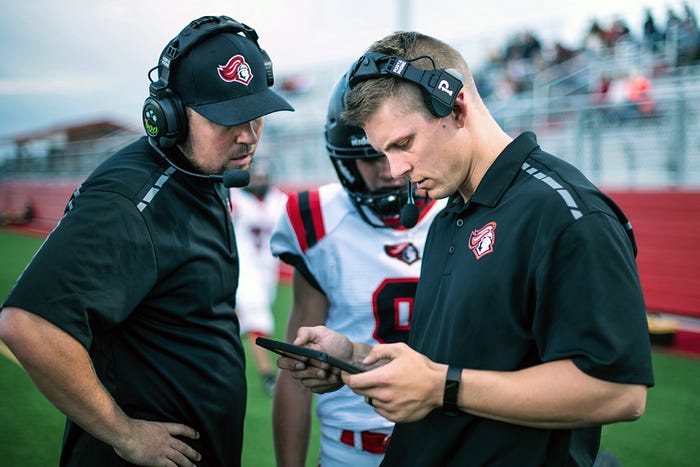Unlocking the Benefits of Failure: A Roadmap to Success
Written on
Chapter 1: Embracing Failure
Although I don't follow football, I appreciate the value of game reviews. Coaches and their teams analyze past performances, celebrating strengths while identifying areas for improvement. They recognize that valuable lessons can be learned not just from their own successes but also from observing their opponents. While it's uplifting to focus on what went well, it's equally enlightening to reflect on failures.
1. Learning from Imperfection
In a recent newsletter, Tim Denning shared amusing anecdotes from his childhood, including a particularly messy experience with baby food. As a determined little one, he eventually learned the skill, despite the initial chaos. The pressure to be perfect from the start often leads to discouragement. Every admired figure had a clumsy beginning. The messiness of the process is part of the journey to mastery.
For example, I once spent hours drawing an elephant, only to find it lacking. Instead of feeling defeated, I recognized the flaws and tried again, learning and improving with each attempt.

2. The Necessity of Action
The phrase "your immediate action is required" can induce panic when received in an email. However, failure should prompt action, not fear. If you’ve failed, it signifies that you’ve attempted something worthwhile. Letting the fear of failure paralyze you prevents progress. To grow, you must act, continue experimenting, and embrace the process of trial and error.
3. Investigating Your Failures
Simply failing without learning is counterproductive. You risk falling into a repetitive cycle of mistakes if you don’t analyze what went wrong. As Frank Sonnenberg wisely noted, "Lessons in life will be repeated until they are learned." When faced with setbacks, it’s essential to dissect your approach, research alternatives, and explore innovative solutions.
4. Building Confidence Through Experience
To nurture your confidence, learn to embrace failure. As an artist, I was initially disheartened by my early work, feeling the gap between my current skills and my aspirations. But when I reframed my perspective, recognizing that failure was not the end, but a stepping stone towards progress, I began to see improvements. Each lesson learned added to my growth and self-assurance.
5. Enhancing Leadership Abilities
In the movie "The Core," Major Childs faces challenges that test her leadership. Commander Iverson tells her that leadership isn't just about making good decisions; it includes owning the poor ones too. Mistakes foster empathy and understanding, equipping you to guide others more effectively. Recognizing your failures allows for humility and strengthens your leadership skills.
6. The Power of Collaboration
No one possesses all the answers. Failure often serves as a catalyst for seeking mentorship and guidance. By acknowledging what didn’t work and remaining open to learning from others, you expand your knowledge base. Successful individuals rarely achieve their goals in isolation; they continuously seek insights from their community and learn from collective experiences.
Chapter 2: The Benefits of Embracing Failure
The first video titled "Why Failure is Good for You | Brian Tracy" explores the positive aspects of failing and how it can lead to personal growth and success.
The second video, "6 Ways to Receive a Return on Failure | John Maxwell," discusses actionable strategies to turn failures into opportunities for learning and improvement.
Ultimately, learning to navigate failure effectively empowers you to achieve your goals. As Wayne Gretzky famously stated, "You miss 100% of the shots you don't take." To succeed, gain a clear understanding of your identity and strengths. Download my FREE 5-Step Mini Roadmap to start your journey toward leveraging your potential.